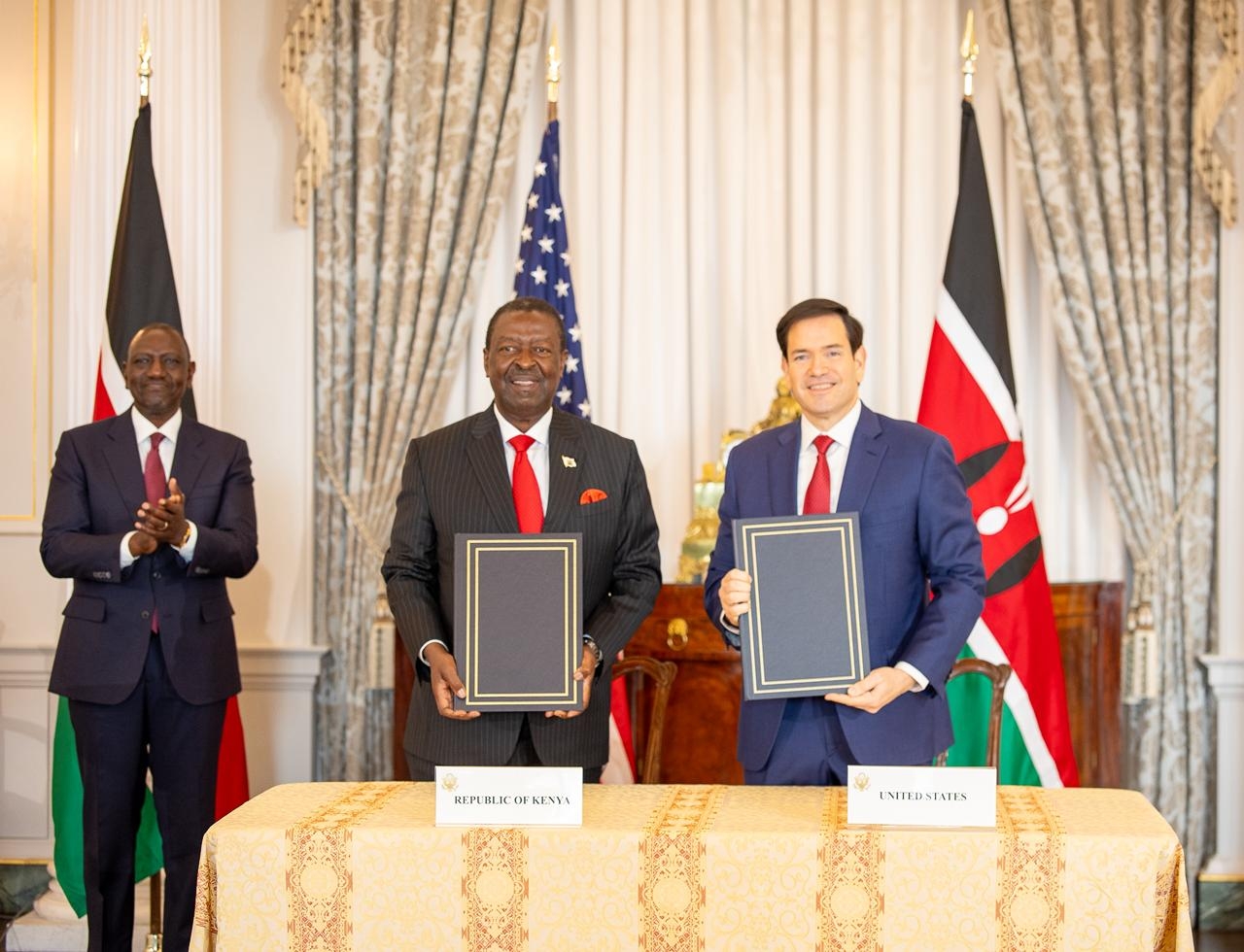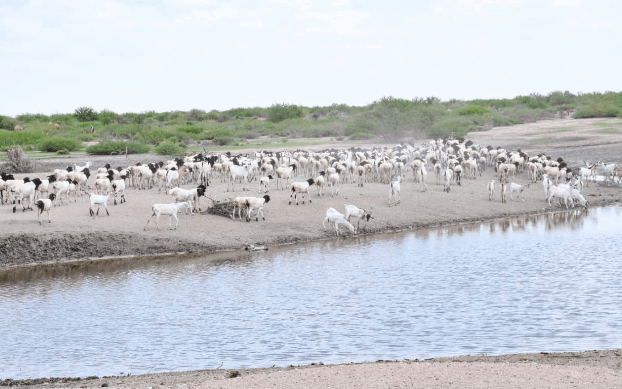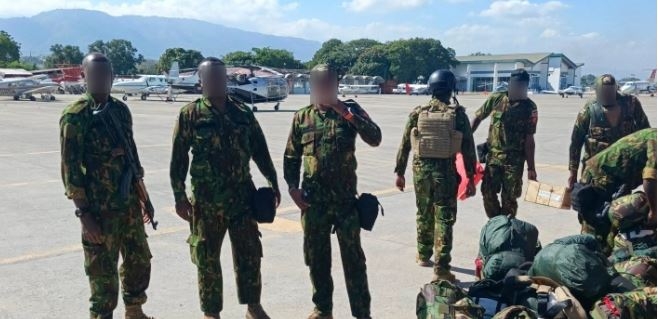That our economy is in the eye of several storms is not in doubt. The political duel and brinkmanship between the two political powerhouses in the country poses an existential threat to our economy.
The Russia- Ukraine war is exerting inflationary pressure globally. Drought and the general effects of climate change continue to cripple our economy. These and many other forces have reduced the productivity and revenue generation ability of the economy.
To put the economy on a sustainable growth trajectory three things are crucial. First, we need to fix our politics permanently. In the current stand-off it’s important that cooler heads and common sense should prevail. Both sides must realize that brinkmanship, partisanship and bull dog mentality is going to lead the country right over the brink. Not only do we need a truce but the country must find a lasting solution to the recurring stalemate on the outcome of elections.
Tussles over servers after every election have been putting our nation on election mode perpetually. The perception this transmits to friends and foes is a nation that is ever in chaos and unable to act its act together. This is indeed sad news for our credit rating and rattles financial markets and disincentivizes investments. The team tasked to negotiate must put the nation above political survival.
The next critical thing the nation needs to focus on is the exploitation of idle resources. Since Independence, the burden of the nation has been borne by a few regions or counties into today’s governance structure.
These counties are now on a declining utility stage. A prime example of an idle resource that is not being put to productive use is land. The five Northeastern counties of Mandera, Wajir, Garissa, Isiolo and Marsabit occupy close to 50 per cent of Kenya’s landmass. Not only do they contribute marginally to the economy of the nation but also have been dependent on relief food since independence. A nation whose 50 per cent of its landmass is idle cannot boast of having a competitive economy.
The national government, counties and development partners should have a Marshall plan to bring this land to productive use. The amount of resources put to use in disaster management and relief distribution, if strategically marshaled, could convert many counties into breadbaskets of the nation and thereby create jobs for millions and generate revenue for the nation.
Harvesting of rainwater and irrigation using underground water should be given topmost priority by all development partners.
The national government should also partner with county governments on how to decentralize economic growth to the counties and make them centres of economic growth.
First national government should release more funds for devolved functions such as water, agriculture, health and roads to the counties. Currently, whereas these functions are fully devolved billions are still managed at the national level and this results in lack of congruence on the management of these sectors.
Secondly, the Commission on Revenue Allocation, the Controller of Budget and the National Treasury should also evaluate the contribution made by the counties to the economy. Greater emphasis should be placed on own source revenue generation.
The Kenya National Bureau of Statistics should periodically publicize economic data, including jobs created by counties in the private sector, acres of land put to productive use, economic regeneration and value addition activities.
Our nation is indeed facing turbulence in terms of our economy, politics and society. Its leaders and citizens in general should work hand in hand to push the country out of this quandary.
A dynamic and synergetic relationship between the leaders of the country and its people coupled with the understanding that each has a role to play would speed up reconciliation and produce viable solutions to our problems.
Abdille Yussuf is the speaker, Wajir County Assembly













